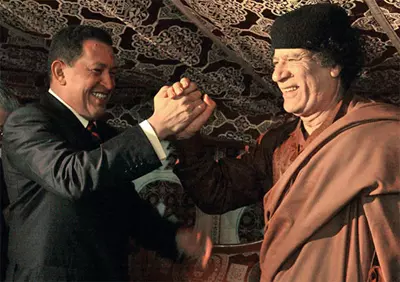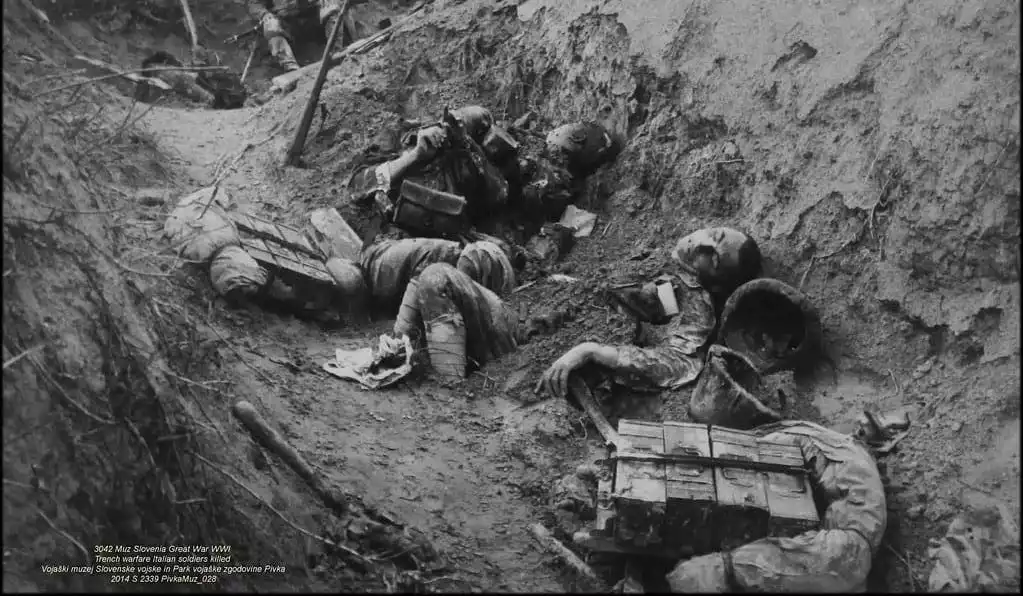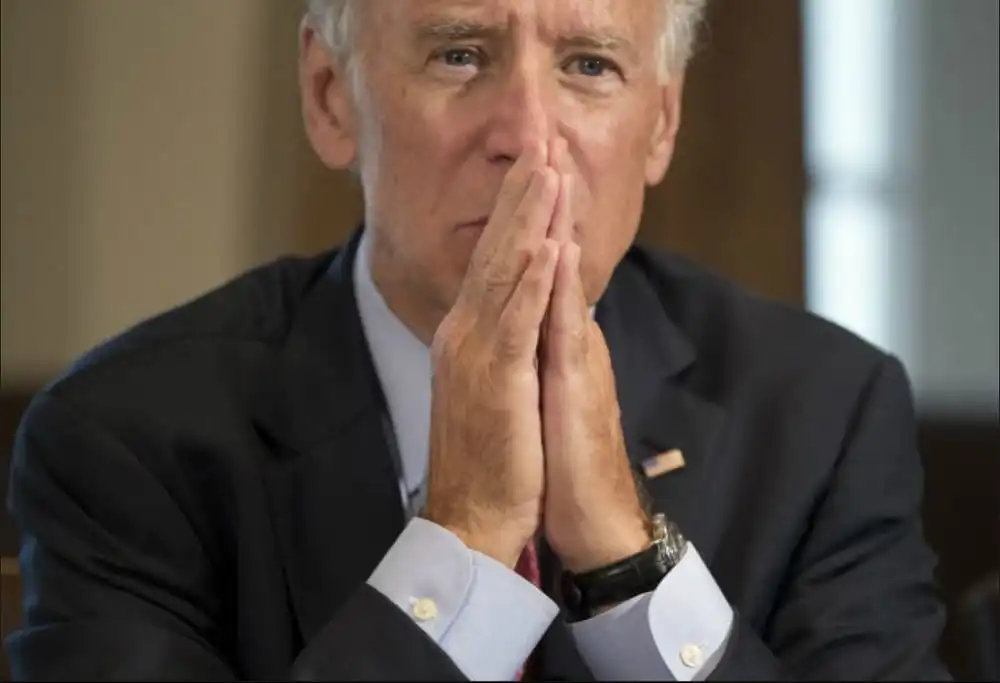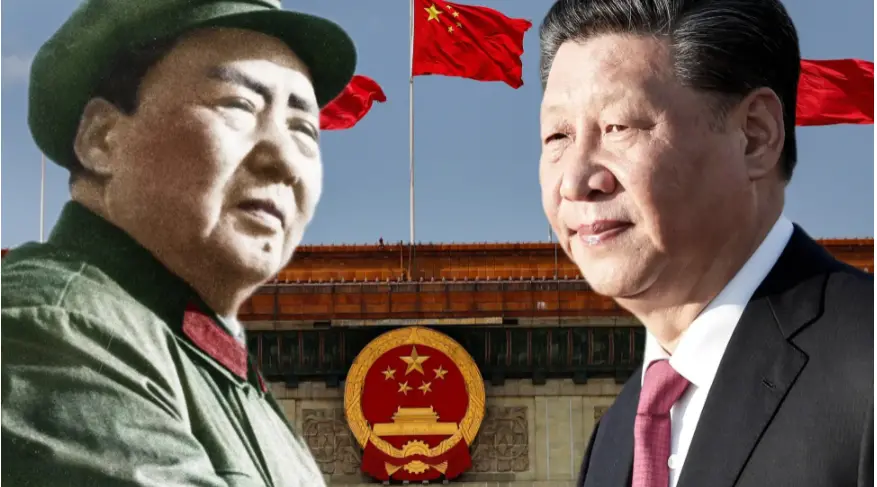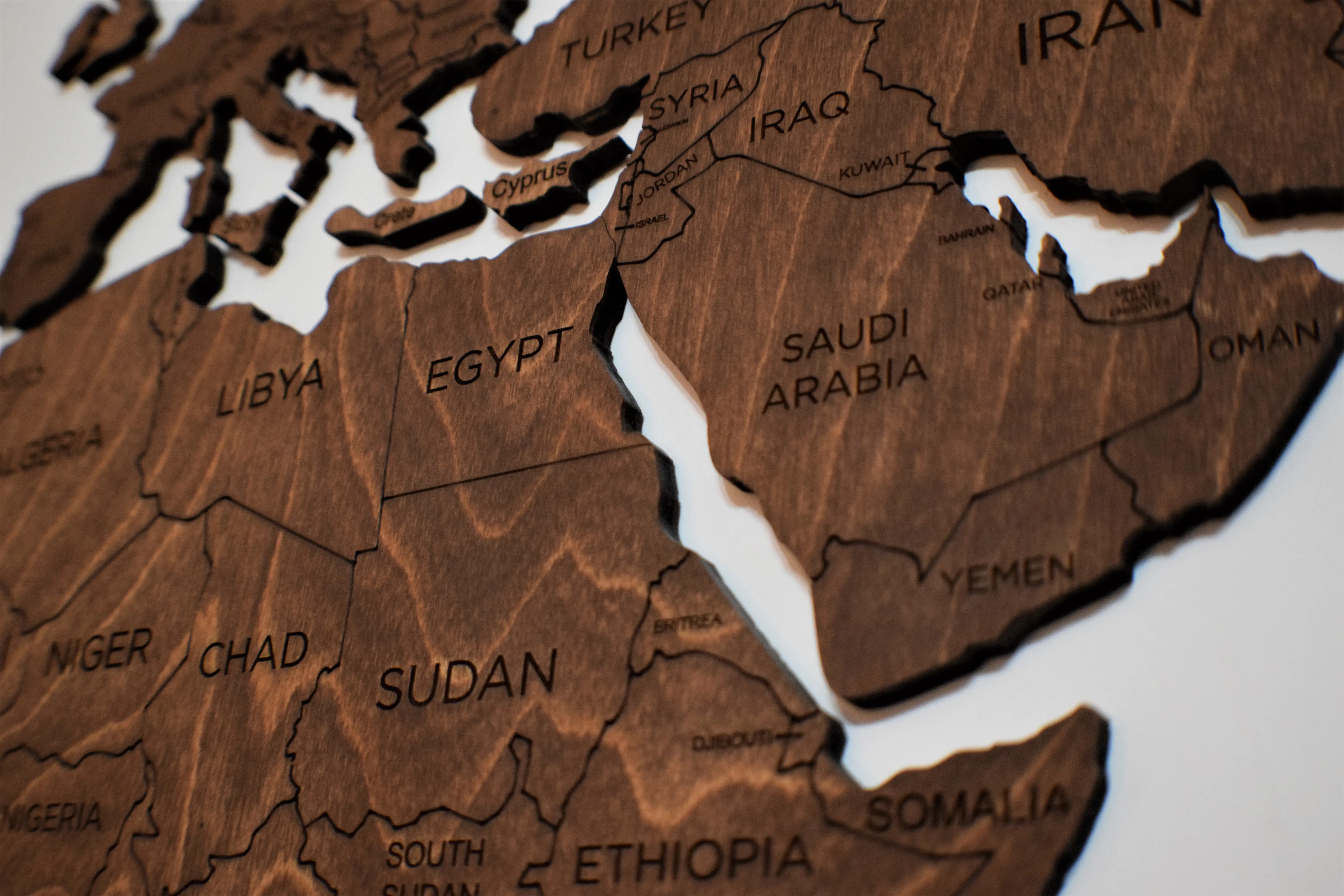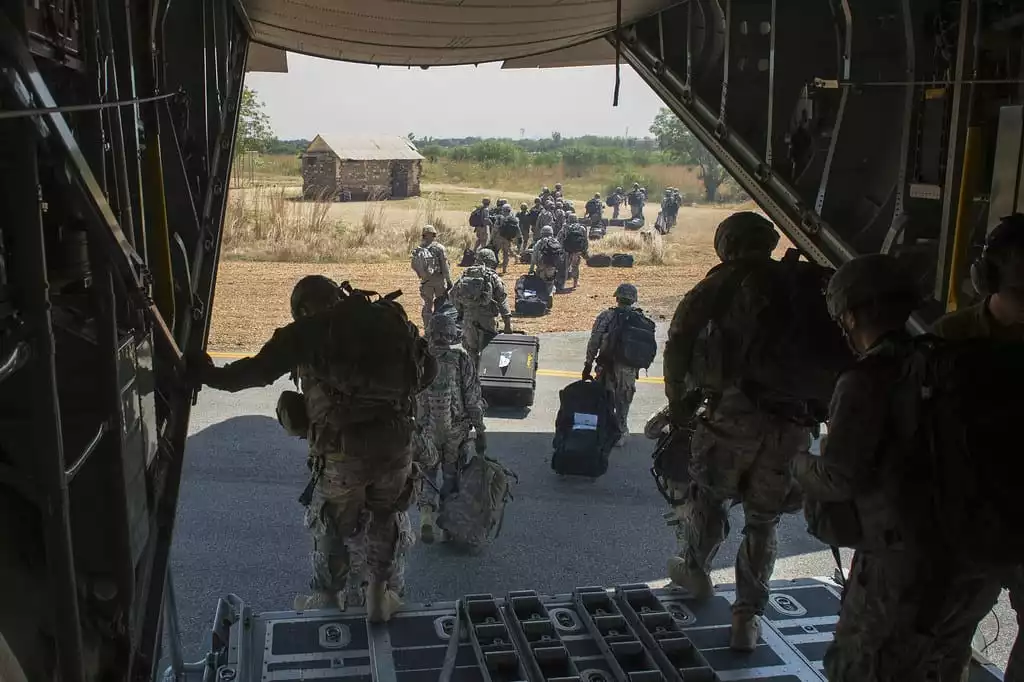“It is easy to praise Providence for anything that may happen if you have two qualities: a complete view of what has actually happened in each instance and a sense of gratitude. Without gratitude what is the point of seeing, and without seeing what is the object of gratitude?” –Epictetus, Discourses, 1.6.1– 2.
Simon Bolivar Square is located in the heart of Cairo, specifically in Garden City, between Tahrir Square and the Nile Corniche.
Simon Bolivar is one of the most prominent of those who helped liberate Latin American countries which had fallen under Spanish rule in the 16th century. Having played an important role in Colombia, Venezuela, Ecuador, Peru, Bolivia and Panama, he was even described as the liberator of Latin America.
During the rule of the late Egyptian President Gamal Abdel Nasser, particularly in the sixties, there was a clear convergence of revolutionary ideas between Egypt and Latin America, and this statue of Bolivar was put there to honor these ideas. Simon Bolivar is one of the heroes of the revolution that took place against the Spanish colonialism in South American countries, and he liberated Colombia, Venezuela, Ecuador, Peru and Bolivia. The statue came in recognition and honor of Bolivar's revolutionary achievements, and the late Venezuelan President Hugo Chavez was keen to restore the Simon Bolivar statue, located in central Cairo; it was reopened in 2010. It is important to note also that in 2013 the Venezuelan government erected a statue of the Nasser in the heart of Venezuela’s capital city, Caracas.
In 1959, Cuba’s military dictatorship was toppled by one of the greatest and most celebrated revolutions, led by Ernesto Che Guevara and Fidel Castro. Seven years had passed since the Egyptian revolution of July 23, 1952, and the latter had accomplished agrarian reform, which Guevara is said to have admired. In June 1959, Guevara waved his hand to journalists and senior Cuban statesmen before the plane took off from Havana Airport towards Egypt with smiles on his face. According to Muhammad Hassanein Heikal's account in the book Abdul Nasser and the World, Nasser received his guest with a standing ovation at the Dome Palace. A few years earlier, the CIA had successfully orchestrated a coup against Guatemalan President Jacobo Arbenz, overthrowing his government.
Guevara told Abdel Nasser that he admired the courage and steadfastness of Egyptian soldiers defending their country against British, French and Israeli aggression, and that their example had had a positive impact on the Cubans revolting against “Batista” in 1956, as the Egyptian experience was a spiritual force prompting the Cuban people to overcome the setbacks they faced in the guerrilla war.
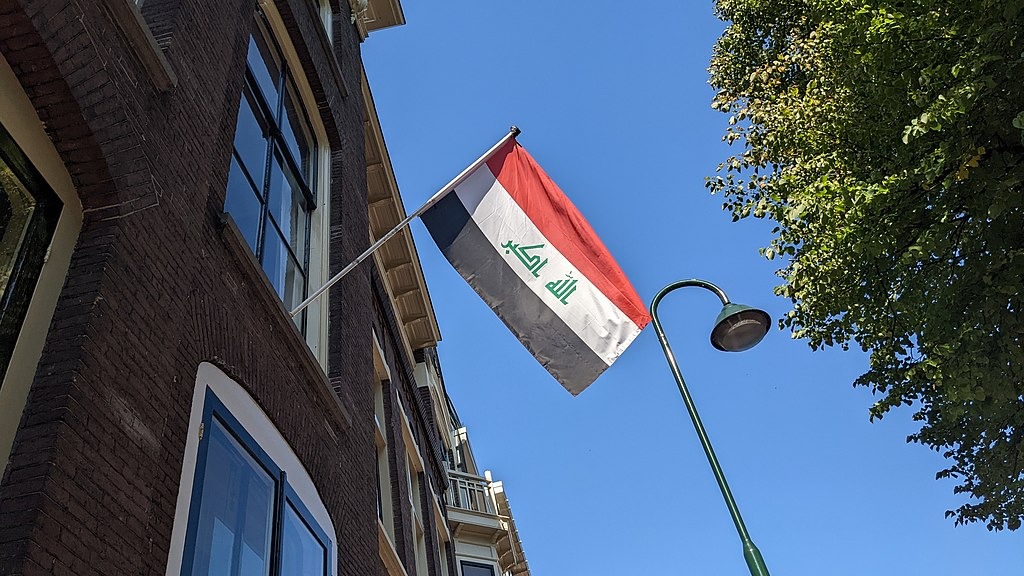
Libya
“Gaddafi is doing what he has to do, which is to resist imperialist aggression.”
These were the words of the late Venezuelan President Hugo Chavez as he reaffirmed his country's support for the military resistance of Libyan Colonel Muammar Gaddafi against the international coalition’s assault on Libya. Following the killing of Gaddafi, the Venezuelan leader described him as a “martyr”.
“I am a tyrant for many, and even a murderer, but US President Barack Obama won the Nobel Peace Prize, yet he ordered the bombing of Iraq and Afghanistan, and now Libya,” Chavez added, asking, “How can we achieve peace with bombs?” He went on to remark that the bombing by the United States and other European states was motivated by the desire to steal the oil and the natural resources of the countries concerned.
Chavez's vision of the so-called Arab Spring revolutions was clear, as he described how the West had planned these revolutions in an attempt to destabilize Arab countries and seize their wealth.

With the advent of the “Arab spring”, Venezuela's full support for Libyan leader Muammar Gaddafi and Nicaragua's proposal to grant him asylum recall the three decades of relations that Tripoli established with multiple revolutionary leftist movements in Latin America. Since the start of the rebellion in February, the late Venezuelan President Hugo Chavez had expressed his explicit support for the legitimate Libyan government, providing unconditional support to Gaddafi. Chavez expressed his support for his “friend”, stressing that he recognized only “one government, which is the government of Muammar Gaddafi”. On the same day, Nicaragua expressed its willingness to grant the Libyan leader asylum through statements made by an advisor to President Daniel Ortega.
In the eighties, a friendship had developed between Gaddafi and Ortega when the latter was leading a revolutionary government (1979-1990). These leftists saw in Libya a second Cuba or another Soviet Union, countries that were ever-present in financing the revolutions of Latin America between 1970 and 1990. Chavez said during a visit to Tripoli in 2009 on the occasion of the fortieth anniversary of the Libyan revolution: “In the seventies many revolutionary leaders came here [Libya]. I couldn't do that because I was in the army. But when the Green Book arrived in Venezuela, we followed Gaddafi’s example.” He added, “I have always said to my comrades in the army: If Gaddafi and these young soldiers did this, why can't we do the same?”
David Paravicini, a former Venezuelan diplomat in Libya, said of Muammar Gaddafi's impact on the resistance in Latin America: “In this context, Gaddafi began making contacts with people he brought to Libya to educate them and enlighten them ideologically,” noting that “the only solid support from Libya in the region benefited the government” of Ortega in Nicaragua after the overthrow of the Somoza dynasty in 1979. According to retired Nicaraguan general Hugo Torres, Gaddafi gave more than 300 million dollars to the revolutionary government, which also benefited from Cuba’s support. When Violetta Chamorro came to the presidency of Nicaragua in 1990, relations between Managua and Libya were severed, before they resumed when Ortega returned to power in 2007. In the eighties, the Salvadoran armed movement received financial and logistical support from Libya. In the same period, the two Argentine armed movements also received support from Tripoli, while the Colombian revolutionary groups sent military personnel to Libya for training in guerrilla warfare.
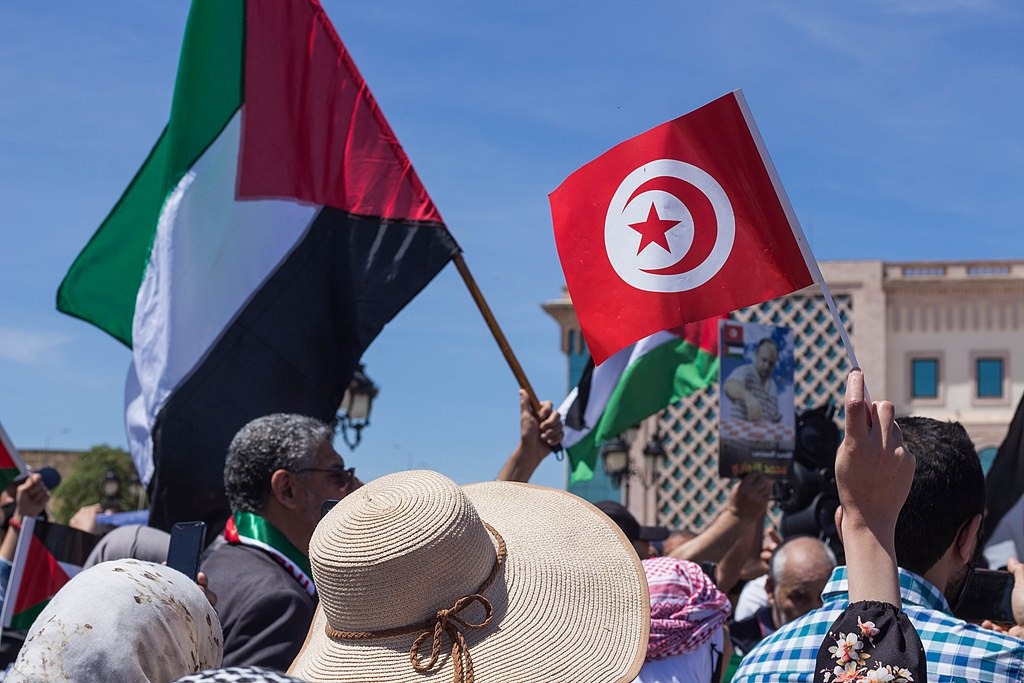
Chavez and Iraq
Chavez toured Baghdad in 2000 in a car driven by Saddam Hussein. He visited the late Iraqi president again in 2002, and was one of the Latin American leaders to condemn the US occupation. Asked about Saddam’s personality, Chavez commented that he had met an educated person who understood everything related to OPEC, and that Saddam had welcomed him with great deference.
Palestine
His circumstances did not allow him to visit Palestine, but President Mahmoud Abbas visited him in 2009. Chavez honored him with the Venezuelan medal of freedom and a replica of the sword of Simon Bolivar, who liberated Latin American countries from Spanish colonial rule at the start of the 19th century.
In January 2009, Chavez did what Arab countries had not done: he expelled the Israeli ambassador to Venezuela and all employees of the embassy in response to Israel’s aggression against Gaza, and described what Israel was doing in Gaza as “state terrorism” and a crime against humanity, as well as calling the Israeli occupation army “cowardly”.
Chavez opened a Venezuelan embassy in Palestine and requested that his education minister distribute maps of the occupied Palestinian territories, so that Venezuelan students could see how small they are, and how Gaza alone is populated by 1.5 million people.
To sum up, Chavez established special relations with Arab world, especially those countries with a pan-Arab nationalist background.
